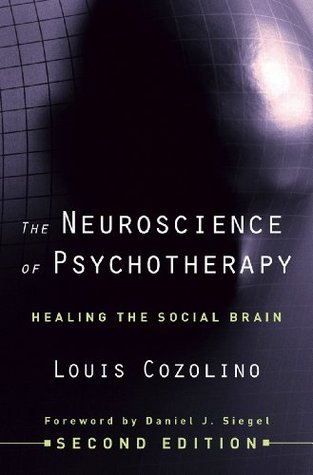In the absence of adequate assistance in regulating affect or making sense of emotions, the brain organizes a variety of defensive coping strategies. These defenses vary in the degree to which they distort reality in order to achieve their goal of reducing anxiety. This distortion is accomplished in circuits of unconscious memory that control anxiety and fear (Critchley et al., 2000). The neural connections that result in defenses shape our lives by selecting what we approach and avoid, what our attention is drawn to, and the assumptions we use to organize our experiences. Our cortex then
...more
Welcome back. Just a moment while we sign you in to your Goodreads account.


